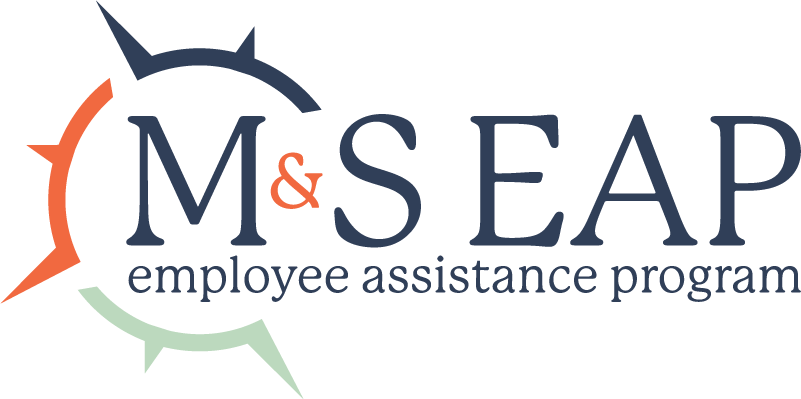Understanding and Handling Failure in Recovery

When you attempt your hand at anything new and don’t succeed, they say, “try, try again.”
In the moment, this cliche statement can harbor a lot of frustration — why try again? Isn’t it just going to have the same result?
It’s possible, but also unlikely. Why? Because in that failure, you learned an important lesson — that that strategy isn’t going to work for you. And this doesn’t sound like a failure, it sounds like a learning lesson.
Failure is part of the journey
When you are recovering from addiction to drugs, alcohol or both, chances are you’re going to face setbacks and failure, possibly even relapse. What this does not mean is you’re terrible at recovery and should just give it all up. In fact, that’s wholly what you should not do.
Failure during the recovery process is entirely normal, and while it may be disappointing, it has the potential to be motivating, giving you an additional push to find another, better method to stick to your resolutions and work towards your goals.
Relapse doesn’t mean your chances of recovery are done
Many individuals battle relapse as a part of their recovery journey because addiction is a disease of the brain. Addiction causes the part of the brain responsible for regulating behavior, controlling impulses and making prudent decisions to go haywire, making it difficult to battle the emotions and physical cravings associated with recovering from addiction.
Additionally, relapse is more likely to threaten your recovery at the beginning stages. This is due in part to the trial and error associated with crafting a new lifestyle, as well as because your brain needs to relearn how to create and release natural chemicals, like dopamine and serotonin, on its own.
One study completed by The Recovery Village looked closely at the percentages of people who relapsed during recovery, and found that the longer recovery was pursued, the less likely individuals were to return to old habits:
- 29.4 percent of those surveyed did not relapse
- 32.3 percent relapsed within the first year
- 21.4 percent relapsed within the second year
- 9.6 percent relapsed within the third through fifth years
- 7.2 percent relapsed after five years of recovery
Recovery is building an entirely new lifestyle around healthy choices and the rejection of old, bad habits. This is far from an easy thing to do, but if you find yourself struggling more than you can manage, it might be helpful to reevaluate aspects of your recovery plan.
Forms of failure in recovery
When you fail at something, it’s rarely helpful to just assume you’re bad at whatever it is you’re doing and give up. This includes recovery. When it seems that you’re failing in recovery, it’s important to take a look at the specific aspect of recovery you’re struggling with and move forward from there. This helps you avoid the train of thought that says, “I’m just bad at this.”
Some forms of failure in recovery include:
- Not meeting your own high expectations
- Not meeting your goals in the timeline you’d hoped
- Losing touch with friends
- Struggling to find work
- Not feeling rewarded or acknowledged for an achievement
- Failing to follow through on a promise
- Relapse
If you experience any of these, maintaining a healthy perspective is crucial. Perhaps you couldn’t meet your goal because it wasn’t specific and therefore couldn’t be obtained in concrete steps? Maybe a relationship breakdown happened because you’re still learning to communicate effectively? Whatever it is, take the time to process the failure and move forward prudently.
What can failure teach you?
While in the midst of failure you might be tempted to wallow in frustration, it’s important to remember that many lessons can be learned from failing. Some of these may include:
- Figuring out what isn’t working for you — if certain coping mechanisms aren’t helping you or you find yourself struggling even while practicing healthy coping skills, it might be time to seriously examine what is and isn’t working for you.
- Motivating you further — if you are struggling with recovery, you might find motivation in this struggle; sometimes the best way to discover what doesn’t work for you is by failing and then altering your plan for the better. Failure could be the key motivator to doing this.
- Failure can boost you towards growth — if everything goes according to plan, there’s no need to evaluate or improve; failure, however, forces you to grow and make choices to better yourself.
While failure isn’t something anyone likes to experience, it can give you the drive you need to redouble your efforts and remain motivated towards achieving and maintaining recovery.
Need help with recovery?
Mazzitti & Sullivan Employee Assistance Programs were designed with the intent of offering counseling and supportive services to their business clients and their families to give everyone the chance at a life free from the bonds and concerns of substance use. In addition, we are proud to offer additional support to those journeying through recovery.
If you are seeking additional help in your recovery, are just beginning your recovery journey or need a fresh start in any manner, Mazzitti & Sullivan EAP is here to help. Contact our offices anytime by calling (800) 543-5080.



